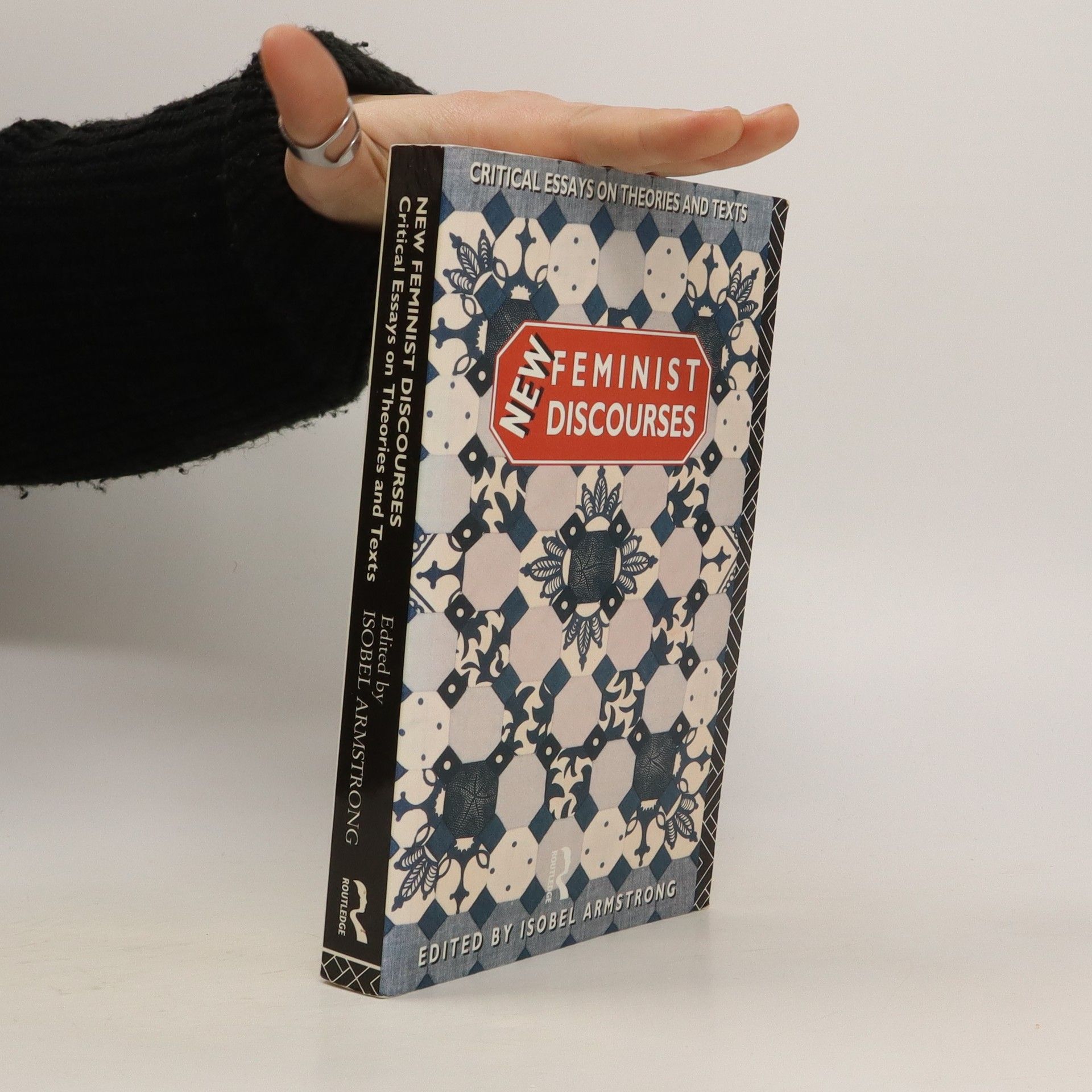New Feminist Discourses
- 384pages
- 14 heures de lecture
This collection of new feminist essays represents the work of young critics researching and teaching in British Universities. Aiming to set the agenda for feminist criticism in the nineties, the essays debate themes crucial to the development of feminist thought: among them, the problems of gendered knowledge and the implications of accounts of gendered language, cultural restraints on the representation of sexuality, women's agency, cultural and political change, a feminist aesthetics and new readings of race and class. This variety is given coherence by a unity of aim - to forge new feminist discourses by addressing conceptual and cultural questions central to problems of gender and sexual difference.The topics of discussion range from matrilinear thought to seventeenth-century prophecy; the poetry of Amelia Lanyer to Julia Margaret Cameron's photographs; from Dorothy Richardson and Virginia Woolf to eighteenth-century colonial painting of the South Pacific; from medieval romance to feminist epistemology. The essays utilise and question the disciplines of literary criticism, art history, photography, psychoanalysis, Marxist history and post-structuralist theory.

